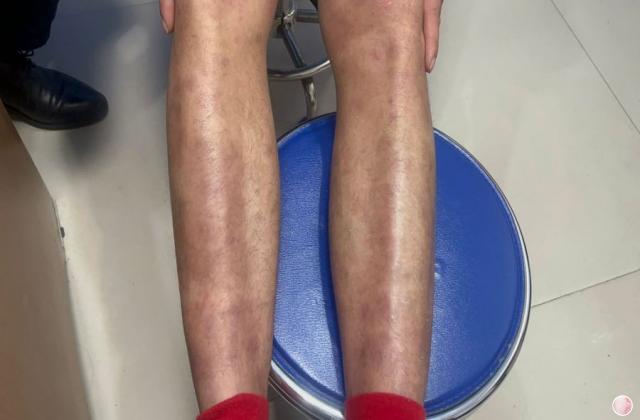当前位置:首页 > 知识 > 全球银屑病监测项目英文
内容介绍:Global Psoriasis Atlas(Project)The Global Psoriasis Atlas (GPA) is a comprehensive project that aims to systematically collect and analyze epidemiological data

Global Psoriasis Atlas(Project)

The Global Psoriasis Atlas (GPA) is a comprehensive project that aims to systematically collect and analyze epidemiological data on psoriasis worldwide. It consolidates information from various sources, including published articles, surveys, and registries, to provide a unified view of the burden of psoriasis and its impact on individuals, communities, and healthcare systems.
The GPA is a collaborative effort involving key stakeholders in the field of dermatology and related disciplines, such as epidemiology, public health, and health economics. It is led by a steering committee comprising experts from around the world, who oversee the design, implementation, and dissemination of the project.
The GPA focuses on several key objectives, including:
1. Estimating the prevalence, incidence, and distribution of psoriasis across different regions, age groups, and ethnicities.
2. Identifying risk factors and comorbidities associated with psoriasis, such as obesity, metabolic syndrome, cardiovascular disease, and mental health disorders.
3. Assessing the economic burden of psoriasis, including direct and indirect costs of care, productivity losses, and quality-of-life impacts.
4. Evaluating the healthcare services available for people with psoriasis, including access to diagnosis, treatment, and supportive care.
5. Providing evidence-based recommendations for improving the management of psoriasis at individual and population levels.
The GPA uses a range of research methods and tools to achieve these goals, such as systematic reviews, meta-analyses, surveys, and modeling. It also adopts a multidisciplinary approach that involves collaboration with diverse stakeholders, including patients, clinicians, policymakers, and industry partners.
Overall, the GPA represents a major step forward in the understanding and management of psoriasis globally. By generating and disseminating high-quality data and evidence, it provides a solid foundation for developing effective strategies for preventing, diagnosing, and treating psoriasis, and for reducing its burden on individuals and society.




